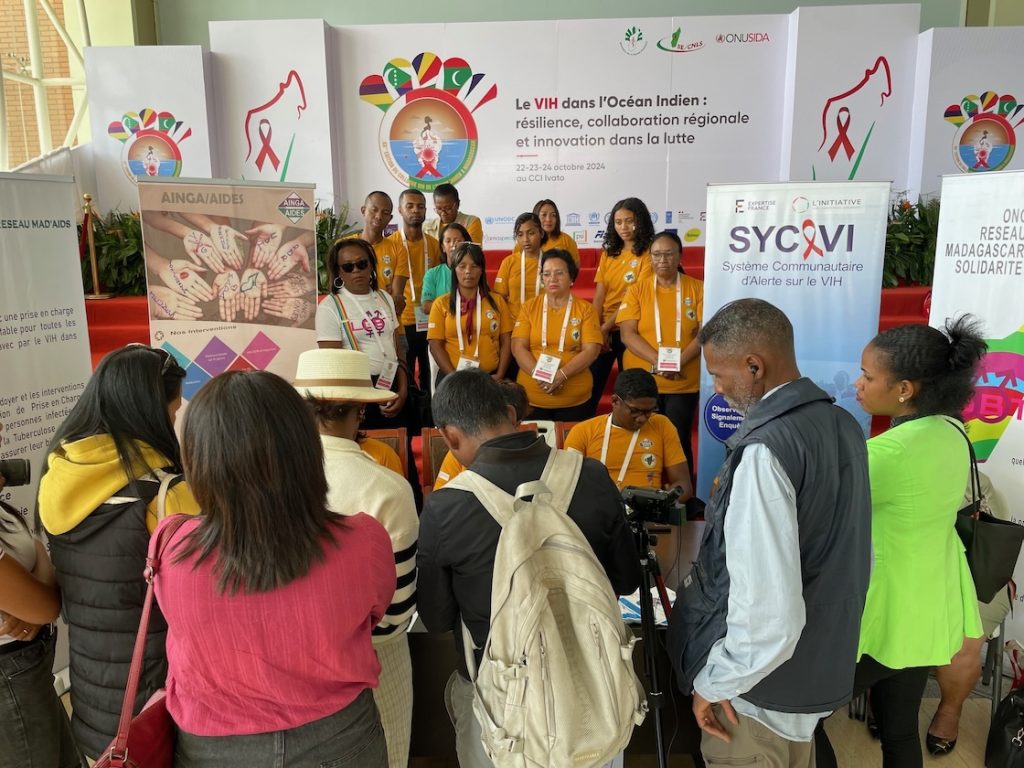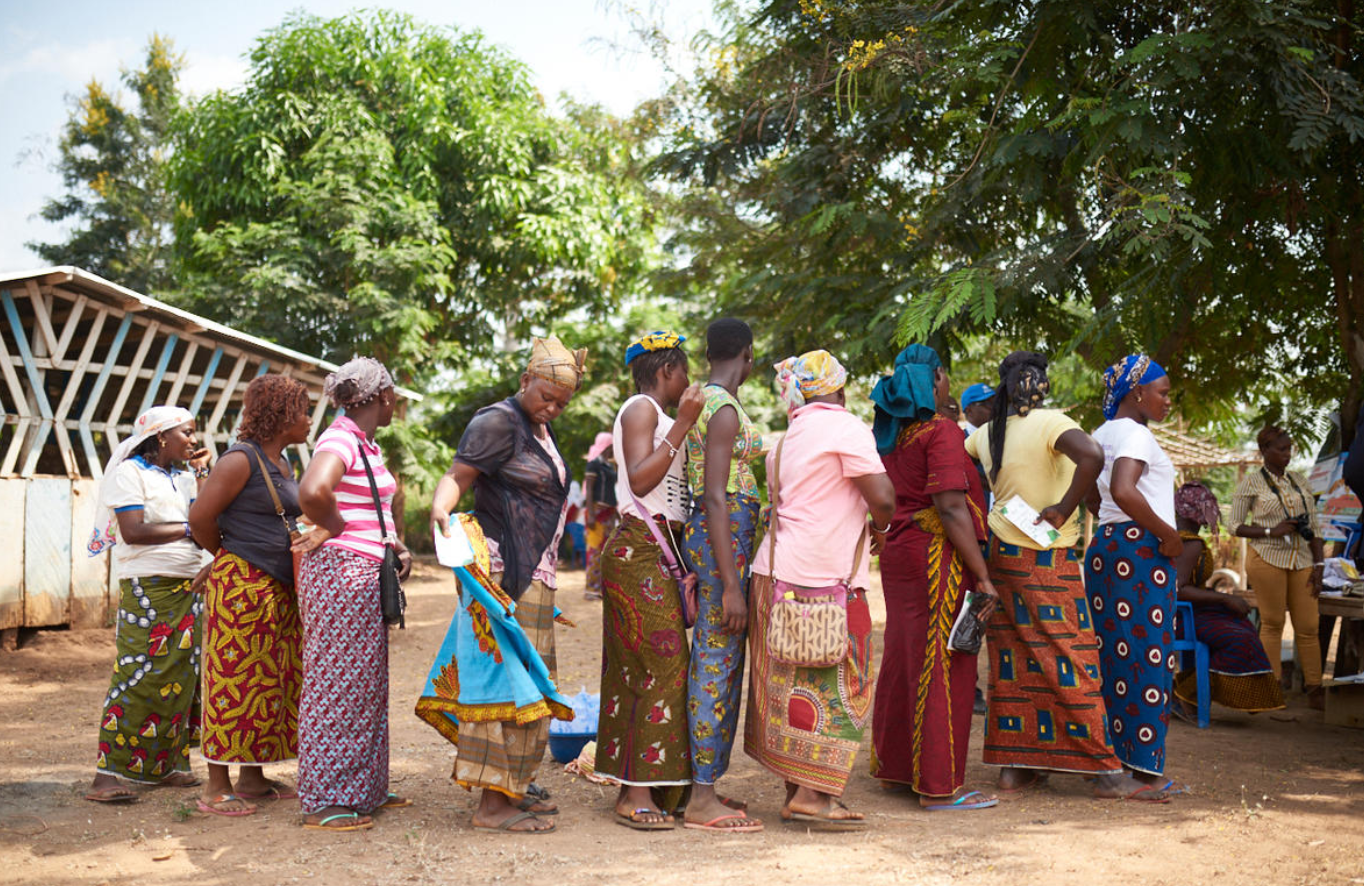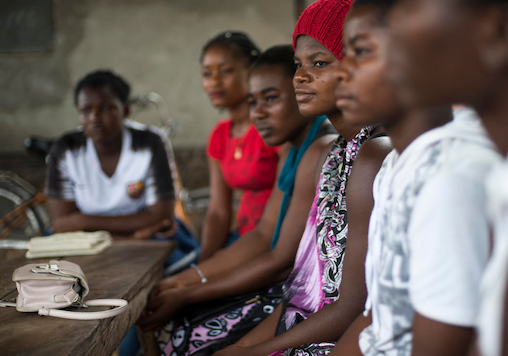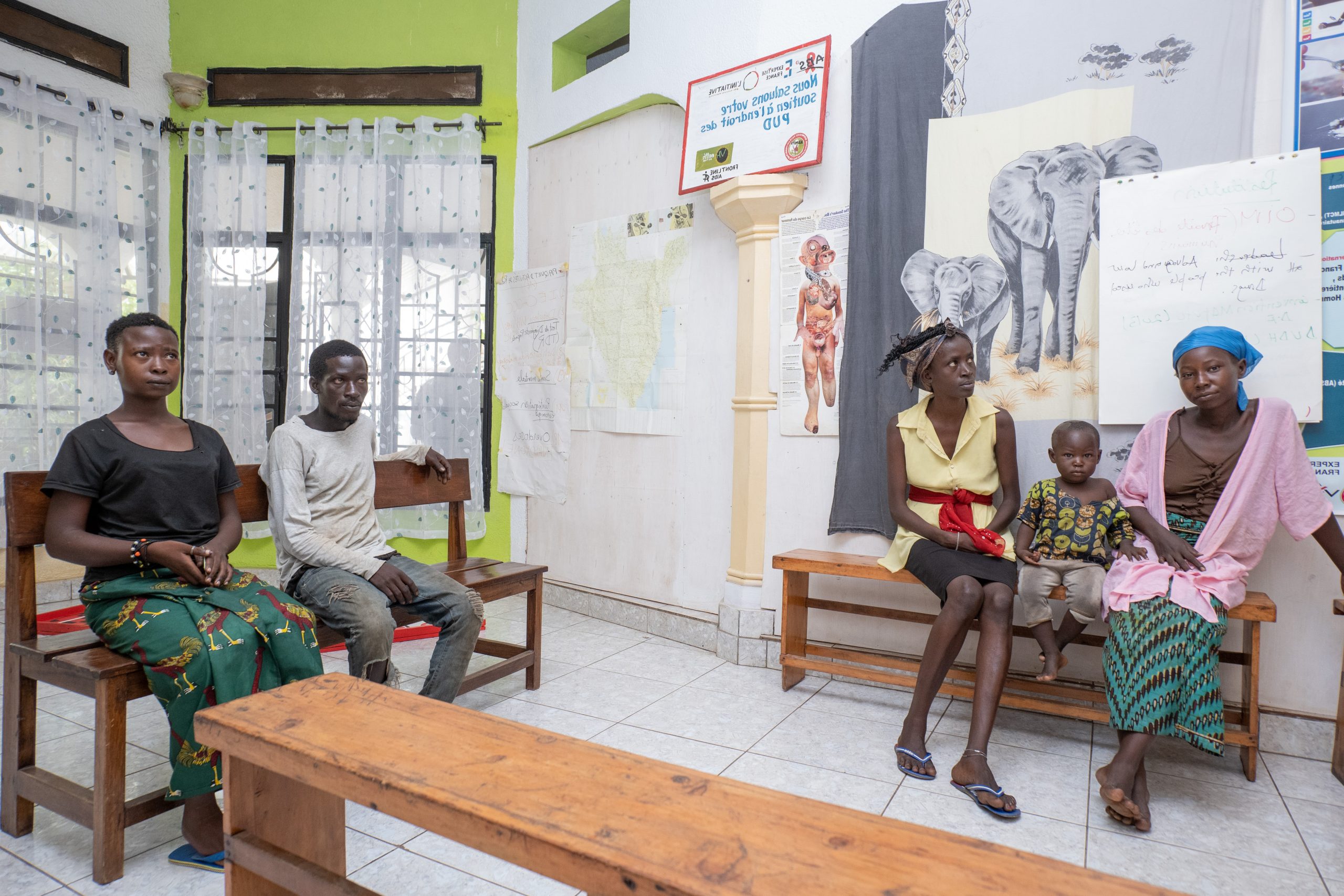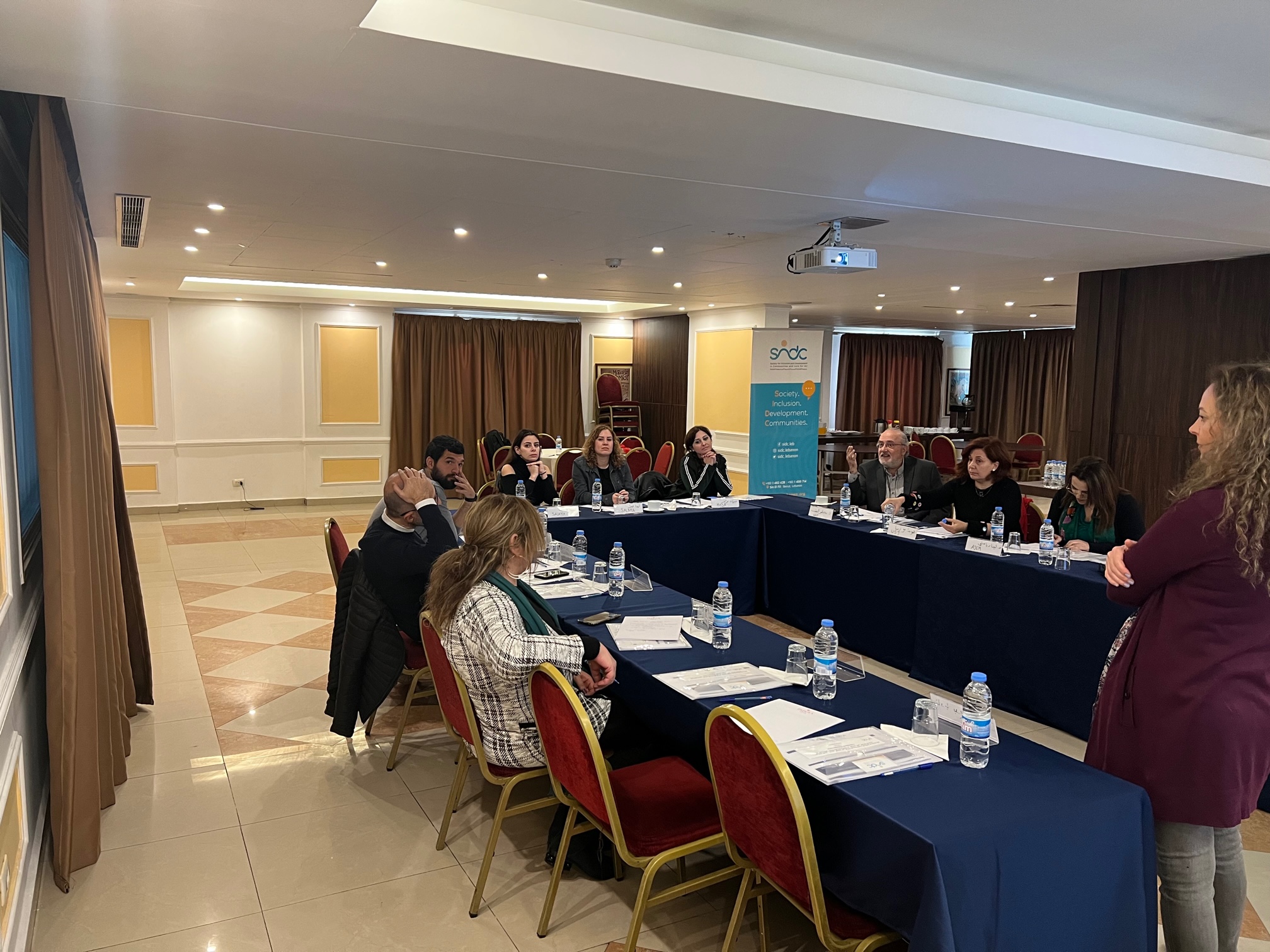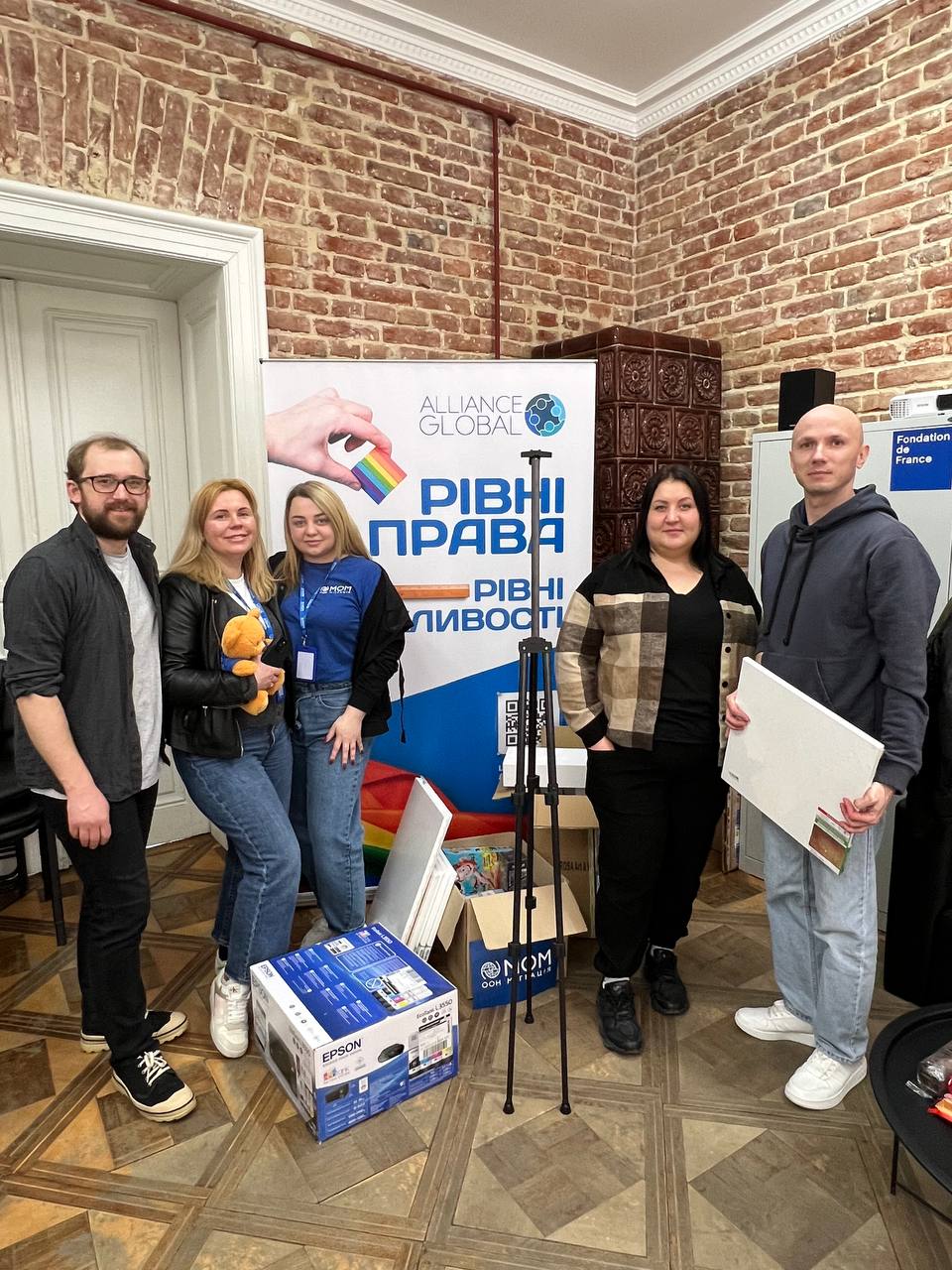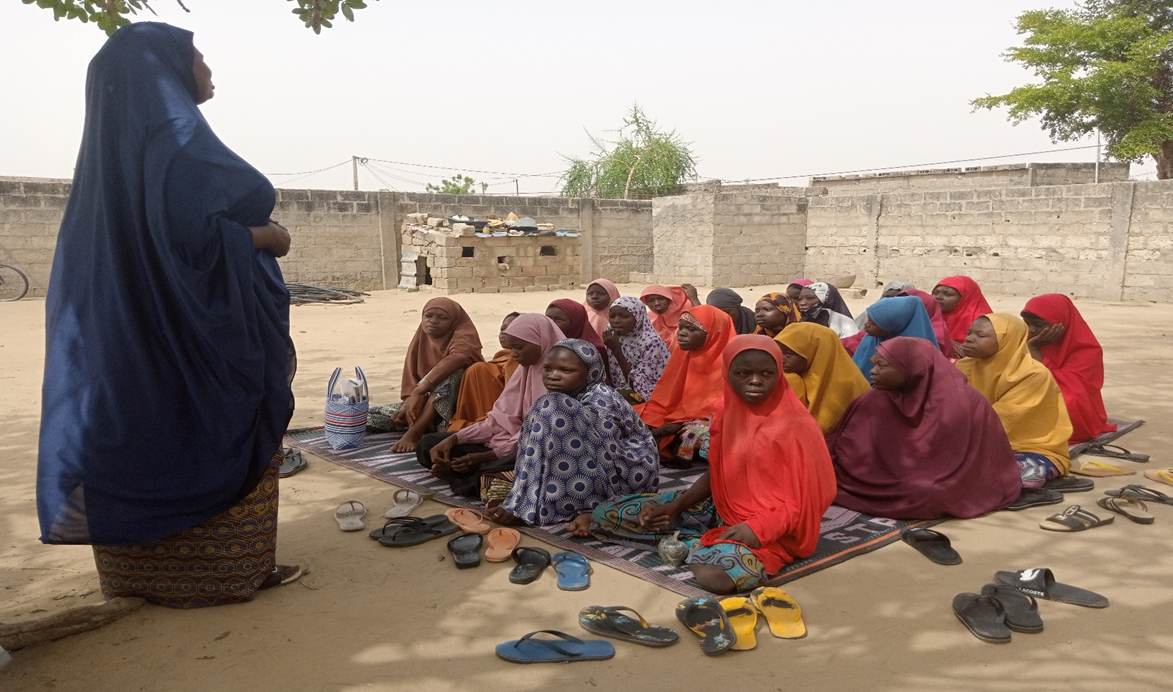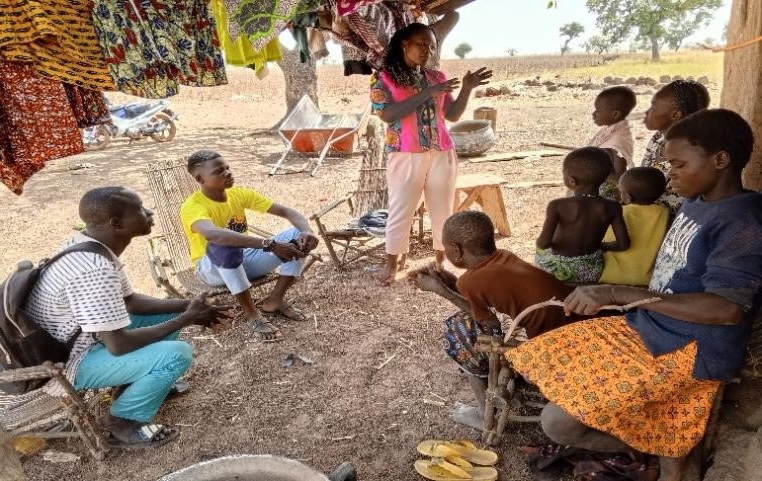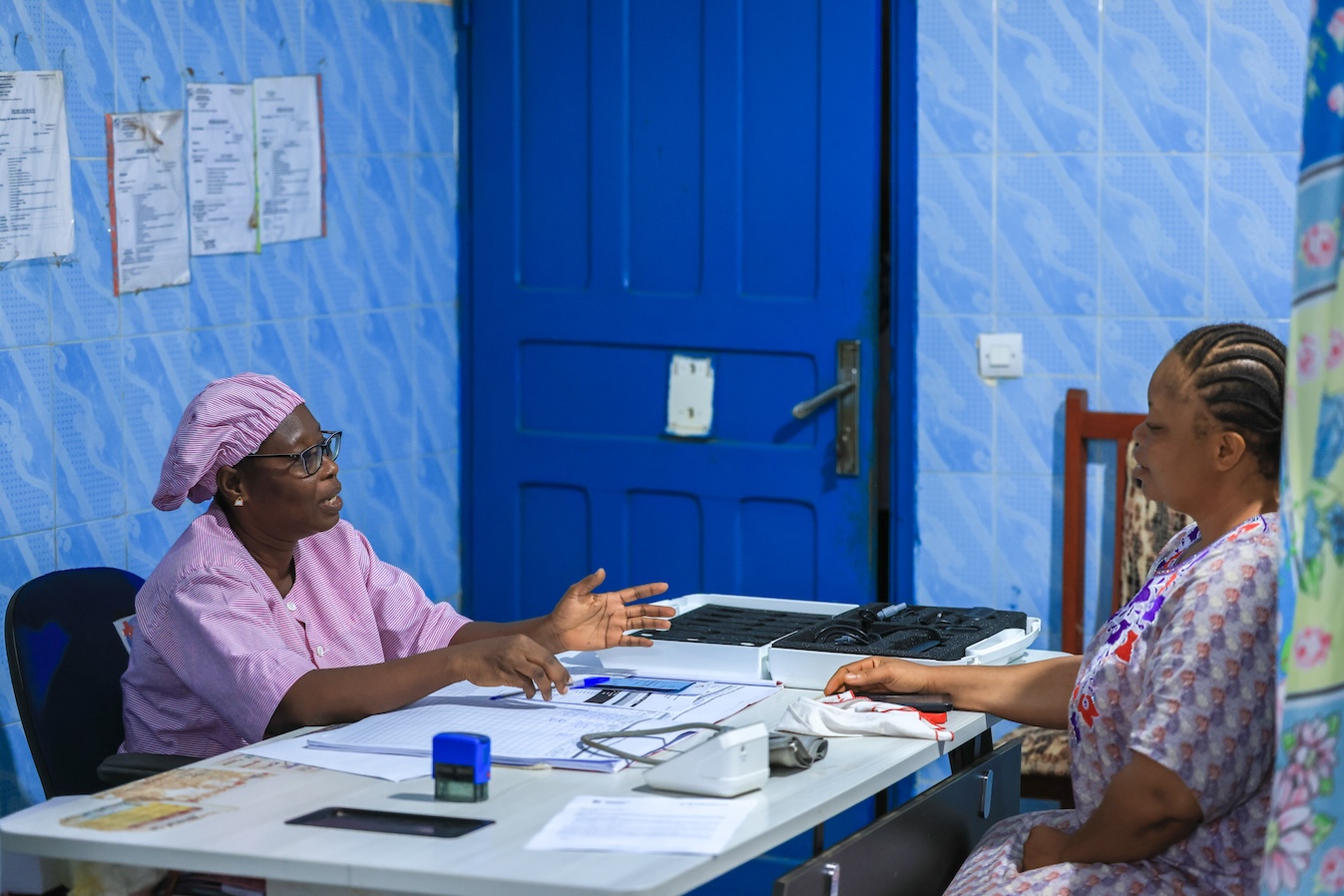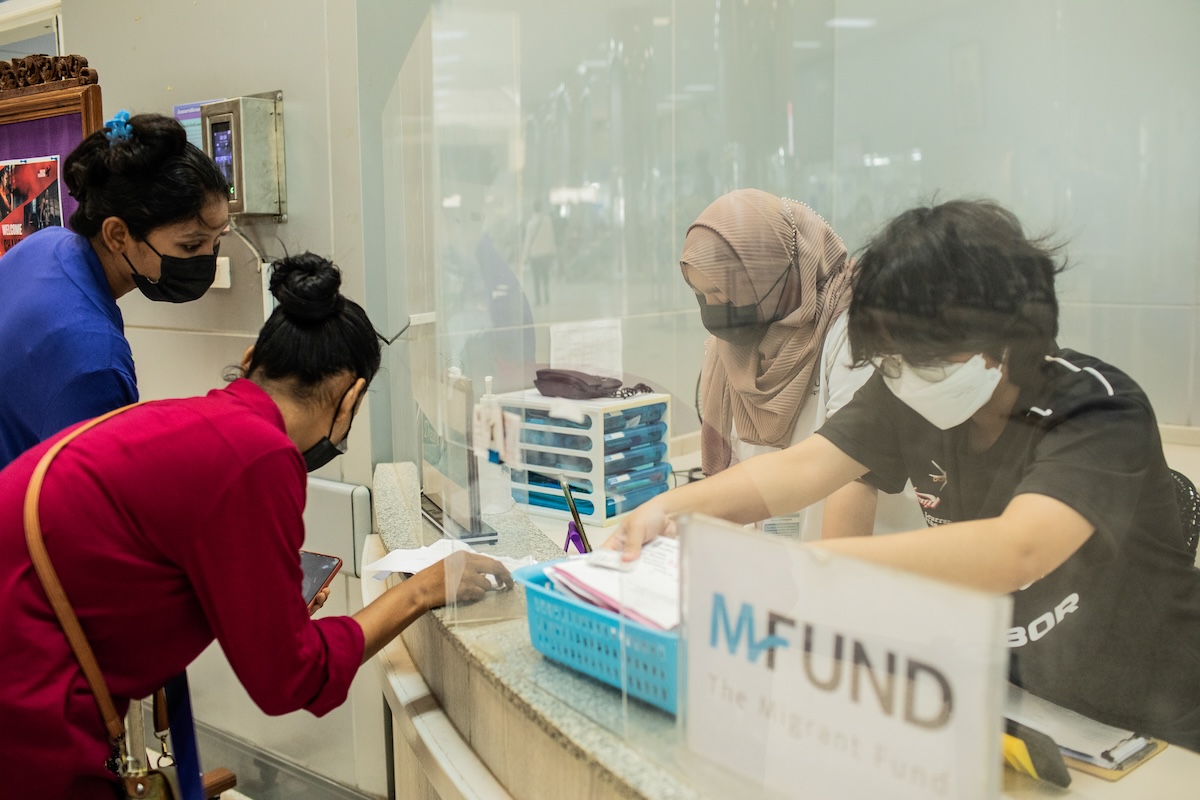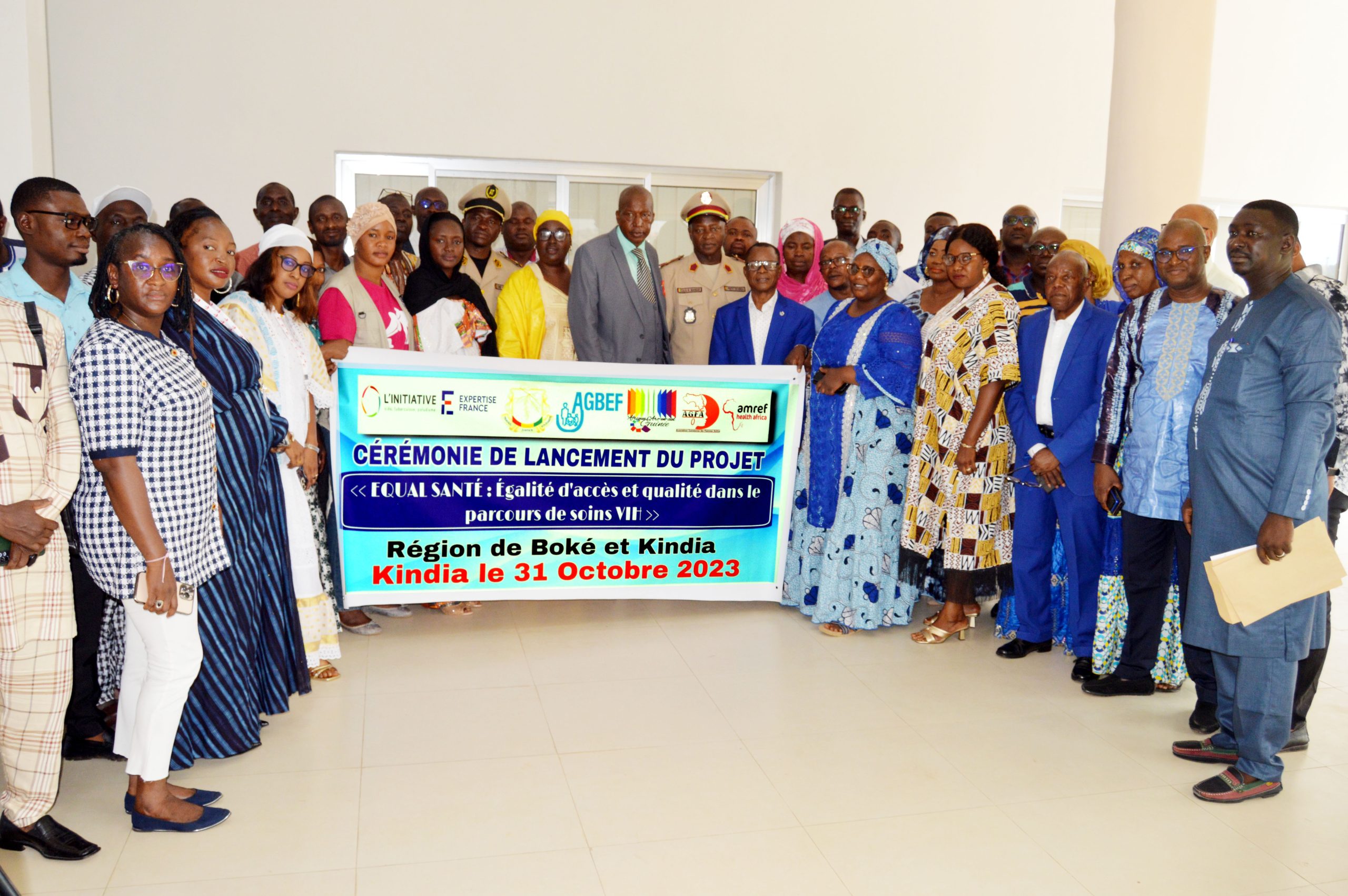The Community HIV Alert System (SYCAVI) Project is an initiative led by several community-based representing organizations of key populations and people living with HIV (PLHIV). This project offers these communities a concrete opportunity to actively engage in improving the health system in Madagascar.
Context
In Madagascar, HIV prevalence exceeds 5% among key populations such as men who have sex with men, people who inject drugs, and sex workers, highlighting the need for targeted actions. The Malagasy health system faces numerous challenges: the geographical remoteness of health facilities, low uptake of HIV testing (even when free), recurring stockouts of essential supplies (condoms, test kits, antiretrovirals…), and poor uptake of harm reduction policies. These challenges are further compounded by stigma, discrimination, gender inequalities, and the criminalization of certain behaviors. The SYCAVI project aims to strengthen the role of communities in the HIV response. Its goal is to develop a community alert system in five cities by improving data collection, access to care, and collaboration between community-based and formal health systems.
Description
SYCAVI seeks to improve access to quality services for key populations and PLHIV in Madagascar by strengthening equitable access to care and conducting awareness campaigns on HIV, gender, and human rights. The project aims to remove barriers to healthcare and respond to the real needs of beneficiaries by establishing an alert system within a community observatory. This observatory enables the reporting of dysfunctions to decision-makers and the development of tailored solutions. Local organizations benefit from a capacity-building program. Finally, the project promotes community testing and works to improve PLHIV adherence to antiretroviral treatment.
Impact
SYCAVI has established an effective observatory to identify barriers to HIV-related healthcare access. At mid-term, 3,868 individual surveys and 1,644 health-facility reports had identified issues such as stockouts and stigma. Advocacy efforts temporarily improved condom supply during a shortage. Of the 83 newly identified PLHIV, 100% were initiated on antiretroviral therapy, demonstrating the effectiveness of community monitoring and mediation.
